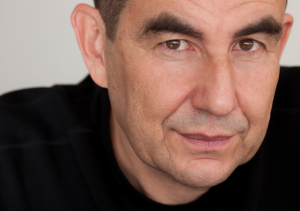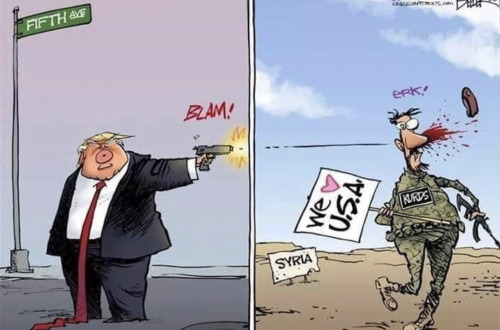Fathom editor Alan Johnson spoke to Ari Shavit, a senior correspondent at Haaretz and a member of its editorial board, in London in February 2014. Shavit’s My Promised Land: The Triumph and the Tragedy of Israel is one of the most talked about books to be published about the country in recent years. According to Thomas Friedman, Shavit’s ‘painful love story’ offers, ‘the real Israel, not the fantasy, do-no-wrong Israel peddled by its most besotted supporters or the do-no-right colonial monster portrayed by its most savage critics. To read the full interview go to Fathom.
AJ: You are passionately committed to a liberal, democratic, egalitarian Israel. Not least because only that Israel can attract, yes?
AS: What really concerns me is the young Jews of the Diaspora. In North America, Europe and elsewhere, I see that the vast majority of them – definitely the ones who are not Orthodox or ultra-Orthodox – are progressive. Their values are social justice, universal, peace-seeking values. My greatest concern is that so many of them perceive Israel as a tribal entity and find difficulty with its ‘tribalism.’ I’m proud of our tribe – I’m not ashamed and I think that our tribe is unique in that it is universal; it has universal values and a universal mission – Tikkun Olam. But I think it’s our duty to reach out to the young Diaspora Jews and convince them that Israel is relevant and attractive to them. An Israel perceived as a semi-theocracy cannot be attractive.
I hope, I plead, that my government, prime minister and the Israeli body politic will internalise the fact that not only is settlement activity wrong, that it endangers our relationship with our neighbours and our legitimacy worldwide, but that it endangers our ability to win hearts and minds in the Jewish world.
If we are to save them for Judaism, for Jewish life: we have to change. We have to move beyond occupation and we have to prove that even within Israel itself we are a real liberal democracy which respects the rights of individuals and minorities. I think that basically we are: Israel is a remarkably free democracy, our spirit is free, and our society is free. But our democratic institutions are somewhat dysfunctional. The values of Israel are democratic, but there are darker forces within Israel and sometimes we surrender to them. I think we should not. We should point out to those people in Israel, on the far right or in ultra-religious parties, that they are, ironically, risking the Jewish future. The Jewish future depends on us saving the young Jews of the Diaspora. This is in my mind a most important mission and I hope, I plead, that my government, prime minister and the Israeli body politic will internalise the fact that not only is settlement activity wrong, that it endangers our relationship with our neighbours and our legitimacy worldwide, but that it endangers our ability to win hearts and minds in the Jewish world. We have to act quickly, dramatically, to reposition Israel both for the outside world, to strengthen our legitimacy, and for the Jewish world. One of my greatest fears is that if things go on the way they are now, we will endanger the much needed alliance between the Jewish Diaspora and the Jewish state.



